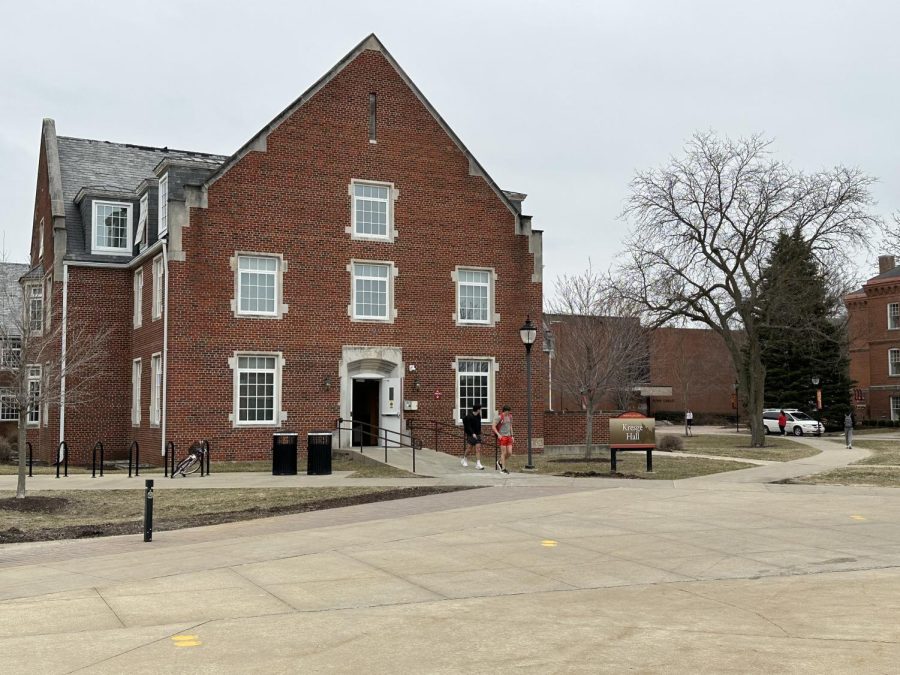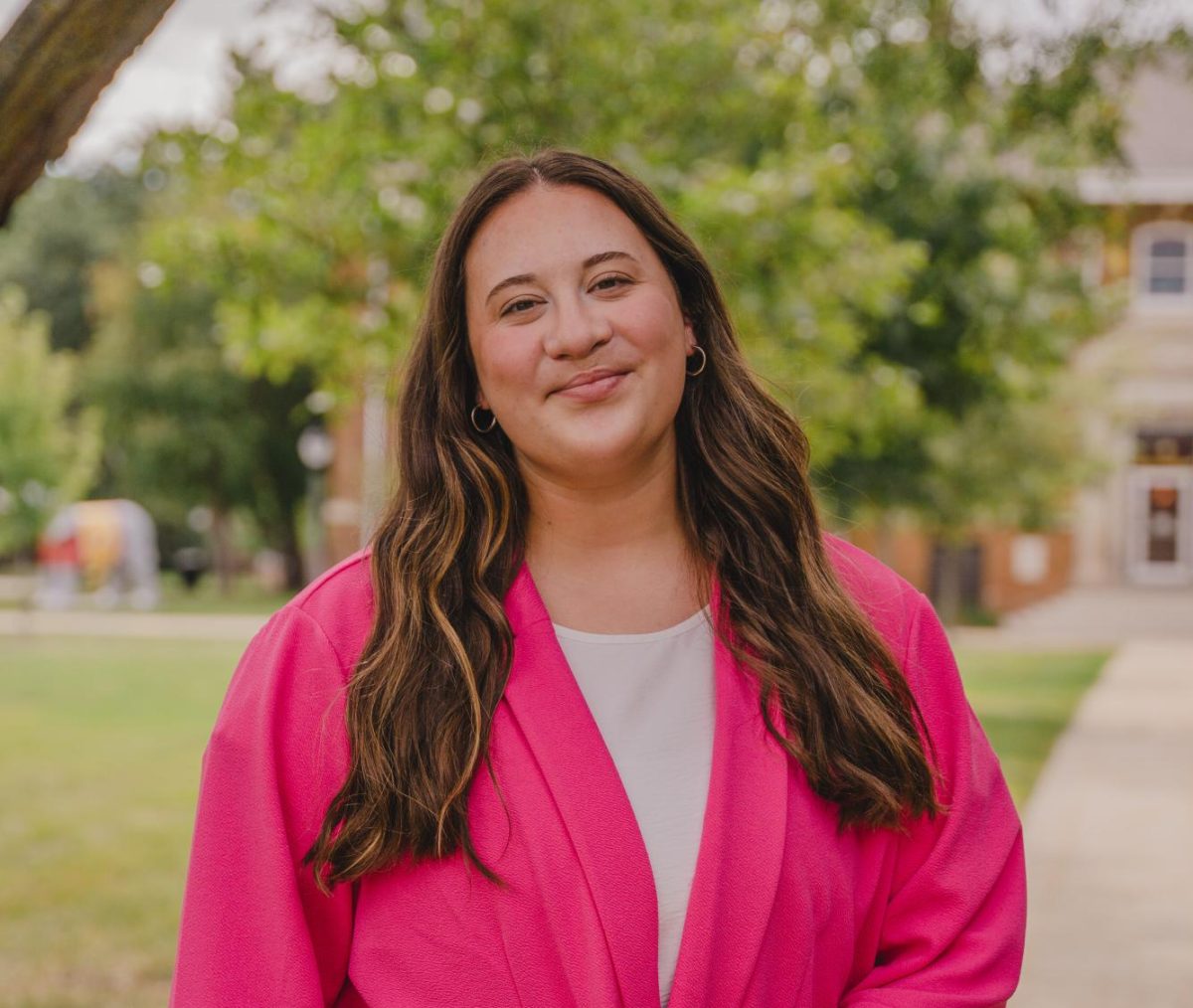Mental Health Awareness Week brings ‘Happy’ screening
October 23, 2014
For the first week of October, “go green” has an arguably more meaningful purpose attached to the slogan. Instead of reduce, renew, and recycle, “going green” represents hope, recovery and resilience for mental illness.
Almost five years ago, a Simpson survey of 510 students revealed 15 students had attempted suicide. As years pass, counseling services have noticed a steady increase in students seeking help. Last year, 180 Simpson students utilized counseling services on campus.
The direct cause of the increase in mental health services is unknown, but could be credited to “going green” with Mental Health Awareness Week and/or more people comfortable seeking help.
“We are happy to see these numbers grow because it means that fewer people are suffering,” Simpson counselor Katy Griner said.
Mental Health Awareness Week was established as the first week of October by Congress in 1990 in an attempt to raise awareness of mental illness cases.
Mental illness is any disorder that affects your mood, thinking and behavior such as schizophrenia, anxiety, depression or an eating disorder, and ranges in severity level.
According to Berkeley.edu, depression affects 1 out of 7 Americans. This means more Americans suffer from depression than cancer or HIV/AIDS. Every 15 seconds, someone in the United States commits suicide.
Statistics conducted from a mental health survey found that 26.7% of Simpson students were so depressed in 2010, it was difficult to function.
In order to decrease this percentage and help students become aware of Mental Health Awareness Week, counseling services hosted Happy Tuesday and screened the award winning documentary Happy.
The film focused on what really makes people happy and what brings happiness to different cultures. About 20 students and faculty attended the screening.
The film described happiness as a skill that can be learned-relatable to learning how to play the violin or playing golf.
“Indentifying areas on where we can build mental health is important, but I think it is important to have a focus not just on illness, but on wellness,” Griner said. “If we are feeling good, how do we keep feeling good? What is helping us to feel good and how do we keep doing that so we can replicate and everyone can feel good.”
Happy also found that students counting blessings once a week turned out to be happier than those that did not. Frequent acts of kindness also showed an increase in happiness.
On Wednesday, counseling services also hosted a mood screening where students filled out questions, and talked with one of the three counselors at Simpson.
Simpson counseling services partners with Simpson health services and American College Health Association to conduct surveys gathering knowledge on student health.
According to Griner, Simpson health statistics gathered from these partnerships are slightly lower than national findings.
“We are a pretty normal campus. It’s just kind of where it is in the state of life. A lot of stuff goes on,” Griner said. “Everybody struggles and everybody can benefit from help.”





